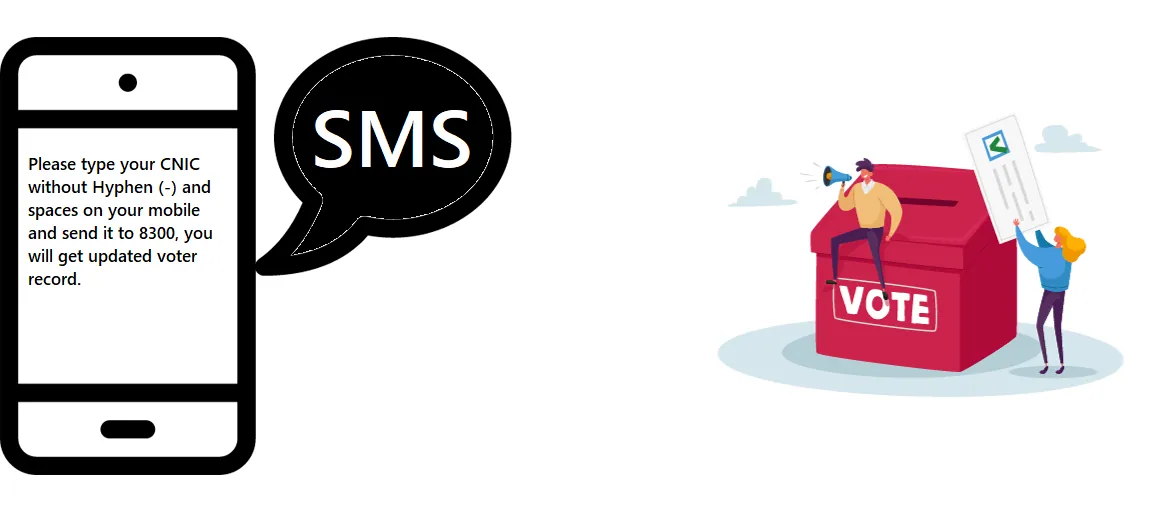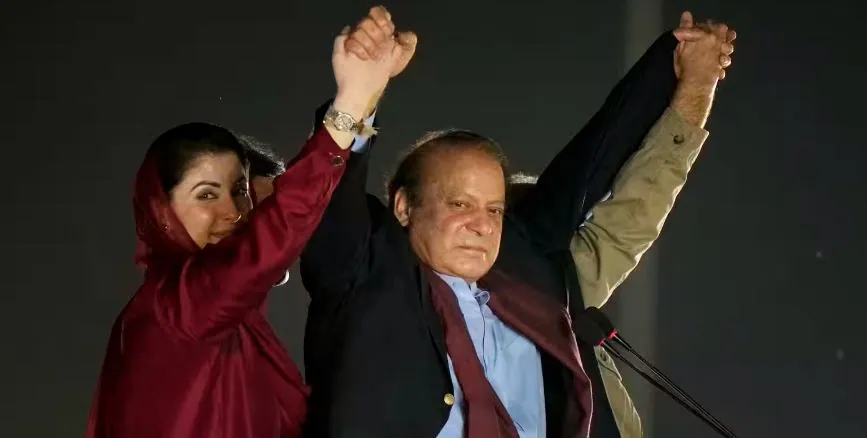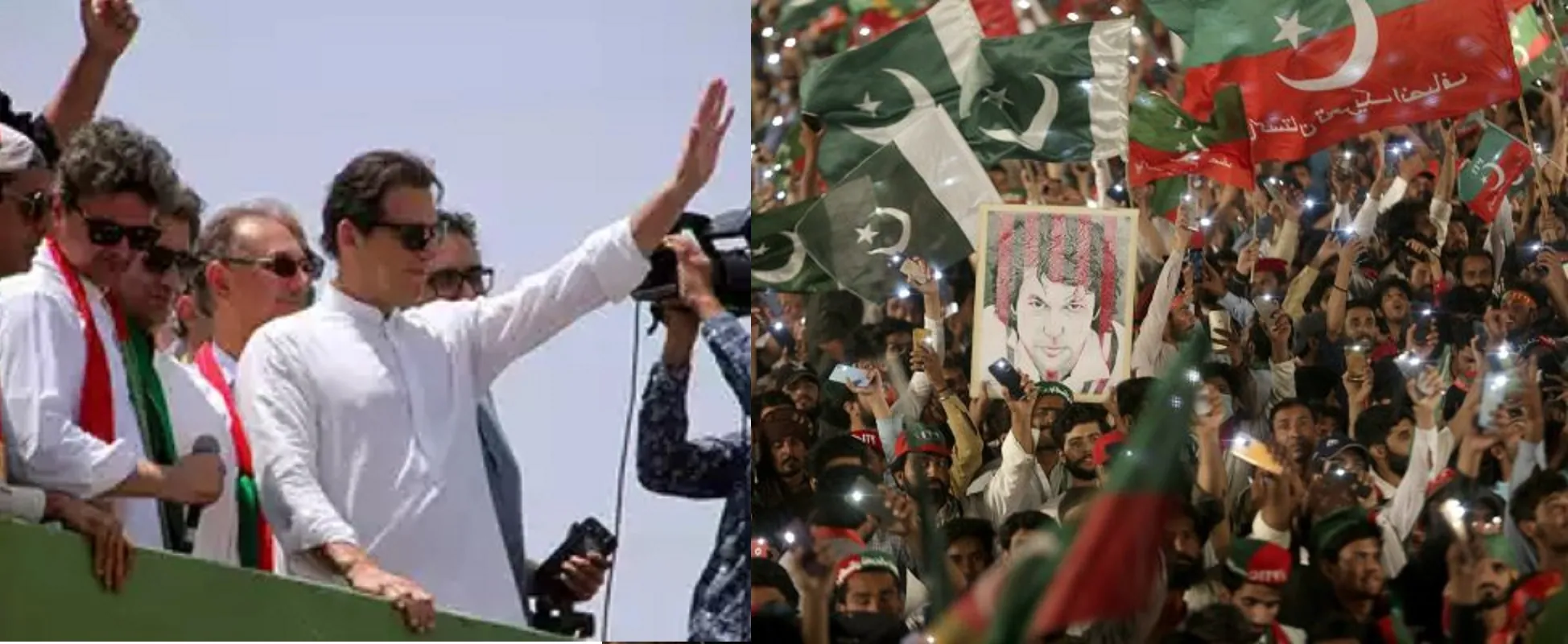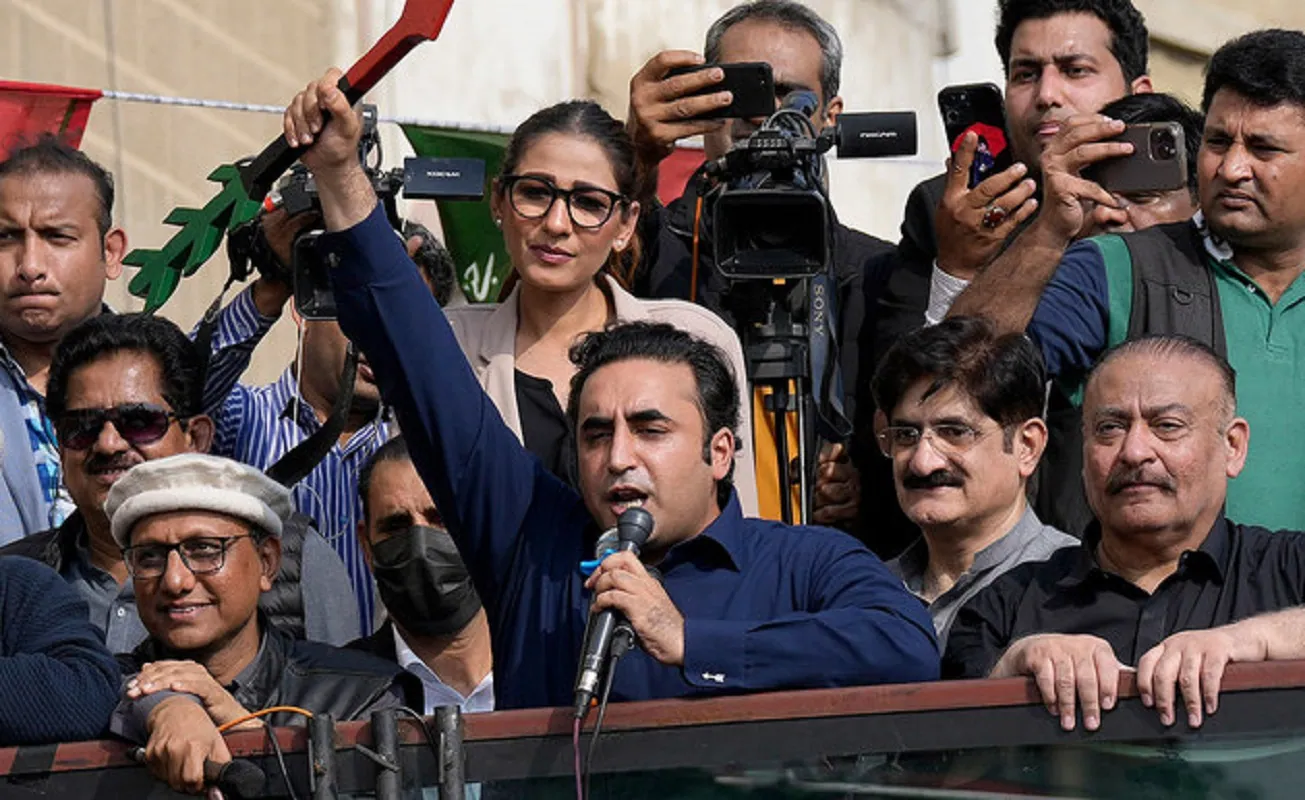As Pakistan prepares for its general elections on February 8, 2024, the nation is poised for a potential shift in political dynamics. This parliamentary democracy is set to witness a significant exercise of democratic rights as the electorate heads to the polls to elect representatives for the federal and state legislatures.
Election Dynamics:
In this crucial electoral event, 44 political parties field a total of 5,121 candidates for the federal legislature, while 12,695 candidates vie for positions in the state legislatures. With a total of 128 million eligible voters out of a population of 241 million, the upcoming elections hold immense significance for the future governance of the country.
Key Events Leading to the Elections:
Several notable events paved the way for these elections, including the dissolution of the National Assembly on August 9, 2023, and the return of former Prime Minister Nawaz Sharif in October 2023 after four years in self-imposed exile. The elections, initially scheduled for November and later rescheduled for January, will finally take place on February 8.
Voter Verification System:
To use this service, voters can send a text with their ID number to 8300. It’s important to type the ID number without any hyphens or spaces.
After texting, voters will get detailed information about where they need to vote and other relevant details.
The Election Commission stresses that voters should bring their ID cards when they go to vote. Even if the ID card is expired or if voters are using a token for a new ID card, they can still vote without any problems.
To ensure an accurate and up-to-date voter record, citizens are encouraged to check their registration by sending their CNIC (Computerized National Identity Card) number, without hyphens or spaces, to 8300. The SMS reply includes essential details such as block code, silsila number, gharna number, Quami Asambly Halqa number, Sobai Asembley Halqa number, and the assigned polling station.
What SMS Reply to voter?
- Shumriyat Block Code.
- Silsla Number.
- Gharna Number (Household No).
- Quami Asambly Halqa Number (National Assembly
Constituency No). - Sobai Asembley Halqa Number (Provincial Assembly Constituency No).
Election Process and Results:
The National Assembly, comprising 336 seats, sees 266 members elected through direct voting and 70 reserved seats. Winning candidates join the National Assembly, while independent candidates have the option to align with a party post-election. The selected members then vote to choose the Prime Minister, requiring a majority of 169 votes.
Key Political Players:
The political landscape is dominated by three major parties: Pakistan Muslim League-Nawaz (PML-N), Pakistan People’s Party (PPP), and Pakistan Tehreek-e-Insaf (PTI). PML-N emerges as a strong contender with Nawaz Sharif and Shehbaz Sharif at the helm. Imran Khan, founder of PTI, is absent from the ballot due to criminal convictions.
Major Issues and Challenges:
The incoming government faces pressing challenges, including economic woes, diplomatic relations with Afghanistan, infrastructure repair, power outages, and the containment of separatist militant groups.
Anticipated Outcomes:
Many Pakistanis, disillusioned by political discord and stagnant living standards, express skepticism about tangible change. The return and exoneration of Nawaz Sharif contrast starkly with legal challenges faced by Imran Khan, contributing to anti-establishment sentiments and possibly lower voter turnout, casting doubt on the election’s credibility.
Conclusion:
As Pakistan braces for the upcoming general elections, the nation stands at a crossroads, with the potential for a transformative shift in its political landscape. The results will not only determine the composition of the government for the next five years but also reflect the sentiments and aspirations of a nation seeking stability, progress, and improved governance.
FAQ
Q1: When are the general elections in Pakistan scheduled to take place?
A1: The general elections in Pakistan are scheduled to take place on February 8, 2024.
Q2: How many political parties and candidates are participating in the elections?
A2: A total of 44 political parties are participating, presenting 5,121 candidates for the federal legislature, and 12,695 candidates are contesting in state legislatures.
Q3: What key events led to the upcoming elections?
A3: The National Assembly dissolution on August 9, 2023, and the return of former Prime Minister Nawaz Sharif in October 2023 after four years in exile are pivotal events.
Q4: How can Pakistani voters verify their registration status?
A4: Voters can verify their registration by texting their CNIC number (without hyphens or spaces) to 8300. They will receive an SMS reply with updated voter information.
Q5: What is the composition of the National Assembly, and how is the Prime Minister elected?
A5: The National Assembly has 336 seats, with 266 members elected through direct voting and 70 reserved seats. The Prime Minister is elected by a majority vote in the National Assembly.
Q6: Who are the major political players in the upcoming elections?
A6: The dominant parties are Pakistan Muslim League-Nawaz (PML-N), Pakistan People’s Party (PPP), and Pakistan Tehreek-e-Insaf (PTI). Nawaz Sharif and Shehbaz Sharif lead PML-N, while Imran Khan, founder of PTI, is absent from the ballot.
Q7: What are some major issues facing Pakistan, and what challenges will the incoming government address?
A7: Pressing issues include the economy, diplomatic relations with Afghanistan, infrastructure repair, power outages, and the containment of separatist militant groups.
Q8: What is the expected outcome of the February 8 elections?
A8: Public skepticism persists due to years of political discord. The return of Nawaz Sharif and legal challenges faced by Imran Khan may influence voter turnout, raising questions about the election’s credibility.




